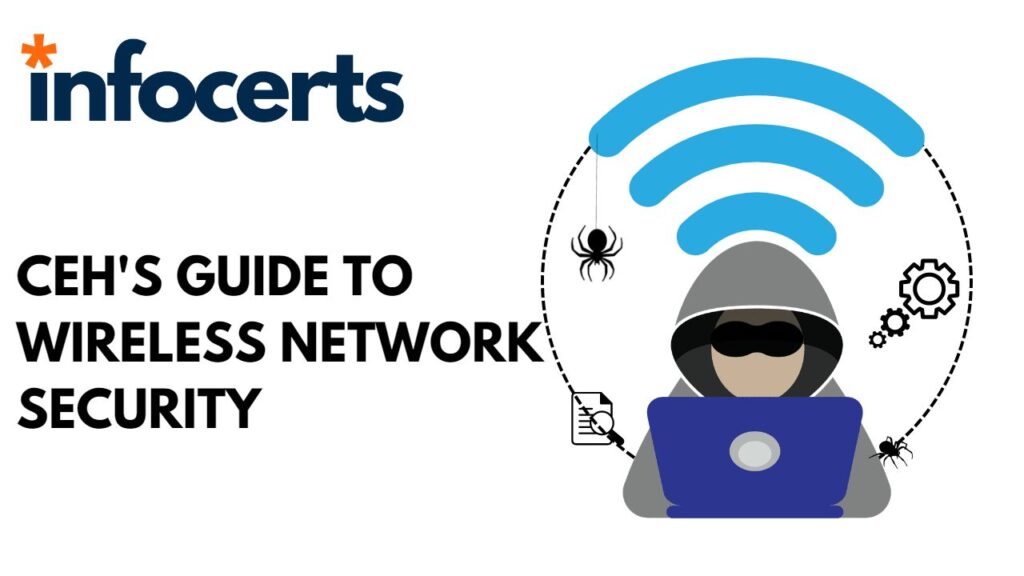Wireless Network Security
Wireless networks have revolutionized the way we connect and communicate with the world around us. However, they also come with security risks that can leave us vulnerable to cyber attacks. That’s why it’s essential to secure your wireless network to protect yourself from data breaches, identity theft, and other Security Threats.
The Certified Ethical Hacker (CEH) provides a guide to wireless network security that can help you understand the vulnerabilities and best practices to protect your wireless network. One of the most significant Vulnerabilities of wireless networks is eavesdropping, where an attacker intercepts wireless traffic and gains access to sensitive information. Another common threat is the use of rogue access points, which are unauthorized access points that can be used by attackers to gain access to a wireless network.
| Encryption Protocol | Security Level | Compatibility |
| WEP | Low | Widely used, but not recommended for security |
| WPA | Medium | Compatible with most devices, but vulnerable to attacks |
| WPA2 | High | Widely used, secure, and compatible with most devices |
| WPA3 | Highest | Latest and most secure encryption protocol, but limited device compatibility |
To protect your wireless network, it’s crucial to use encryption protocols. Wired Equivalent Privacy (WEP) is an outdated and weak encryption protocol that should be avoided. Instead, Wi-Fi Protected Access (WPA) and Wi-Fi Protected Access II (WPA2) are widely used and secure protocols that can protect your network from most attacks. The latest and most secure encryption protocol is Wi-Fi Protected Access III (WPA3), which provides advanced security features but is not yet widely supported by devices.
In addition to encryption, it’s important to implement best practices for wireless network security, such as changing default passwords, using strong encryption, Implementing Network Segmentation, regularly updating firmware, and conducting regular security audits. By following these best practices, you can ensure that your wireless network remains secure and protect yourself from cyber attacks.
In conclusion, Wireless Network Security is essential to protect yourself from cyber threats. By understanding the vulnerabilities and encryption protocols and implementing best practices, you can ensure that your wireless network remains secure.
FAQs:
- What is a rogue access point?
- Why is WEP not recommended for security?
- What is network segmentation?
——————————————————————————————————————–
Infocerts, 5B 306 Riverside Greens, Panvel, Raigad 410206 Maharashtra, India
Contact us – https://www.infocerts.com

